AI Trends in Education: Shaping the Future of Learning
The integration of AI (Artificial Intelligence) into education has rapidly evolved from being an innovative concept to a practical reality. As schools, universities and educational institutions across the globe embrace AI-driven tools, the landscape of teaching and content creation is being revolutionized. In this article, we explore key trends in AI technology that are transforming education and how they can benefit educators, students and institutions.
1. AI-Driven Grading and Feedback Systems
One of the most time-consuming tasks for educators is grading assignments, especially essays and written work. AI-powered grading tools have emerged as a game-changer, allowing teachers to automate the grading process for written content. These tools can evaluate student work in real time, checking for grammar, writing style, argument structure and even originality.
AI tools can provide personalized, constructive feedback, helping students improve their writing and critical thinking skills. By identifying areas where a student excels or struggles, these tools enable a more focused, data-driven approach to teaching and learning.
AI tools can provide personalized, constructive feedback, helping students improve their writing and critical thinking skills. By identifying areas where a student excels or struggles, these tools enable a more focused, data-driven approach to teaching and learning.
2. AI-Generated Lesson Plans and Learning Resources
Creating lesson plans that align with educational standards and meet the diverse needs of students is an ongoing challenge for educators. AI technology has made significant progress in automating lesson planning, allowing teachers to generate comprehensive lesson plans with just a few clicks.
These AI tools can tailor lesson plans to individual student needs by incorporating differentiated instruction, ensuring that all students are catered to. This feature empowers teachers to save time on planning while maintaining a high level of customization for their students.
These AI tools can tailor lesson plans to individual student needs by incorporating differentiated instruction, ensuring that all students are catered to. This feature empowers teachers to save time on planning while maintaining a high level of customization for their students.
3. Automated Student Progress Monitoring
Tracking student progress over time is critical to identifying learning trends and adapting teaching strategies accordingly. AI-powered systems can monitor students' performance across various subjects, providing real-time insights into their learning journey. These tools can analyze patterns and offer suggestions on which students may need additional support, allowing for early intervention before small challenges become bigger obstacles.
Through automated assessments and progress summaries, AI can highlight areas where a student is excelling or struggling, offering data-driven recommendations to educators. This continuous feedback loop fosters a more proactive approach to teaching, helping educators adjust instruction methods to better meet the needs of individual students.
Through automated assessments and progress summaries, AI can highlight areas where a student is excelling or struggling, offering data-driven recommendations to educators. This continuous feedback loop fosters a more proactive approach to teaching, helping educators adjust instruction methods to better meet the needs of individual students.
4. Personalized Learning and Adaptive Feedback
AI also brings the benefit of personalized learning experiences by offering adaptive feedback based on student performance. When students complete assignments or tasks, AI systems can allow multiple attempts, guiding students through a series of hints to help them understand their mistakes before reaching the final answer. This encourages a growth mindset, where learning is viewed as a process of iteration and improvement rather than a one-time evaluation.
5. AI-Powered Content Creation for Educators
One of the most exciting and useful AI trends is the ability to generate first drafts of educational content, including lesson plans, presentations, or student handouts, which they can then refine and tailor to their specific classroom needs. AI's ability to instantly generate large volumes of content saves educators time and enhances their capacity to deliver diverse, engaging learning materials.
For example, if a teacher needs to create a lesson on a specific historical event, AI can draft the foundational content based on the teacher’s criteria. From there, the teacher can customize and add their personal touch, ensuring the final product meets their instructional style and student needs.
For example, if a teacher needs to create a lesson on a specific historical event, AI can draft the foundational content based on the teacher’s criteria. From there, the teacher can customize and add their personal touch, ensuring the final product meets their instructional style and student needs.
The Future of AI in Education
The role of AI in education continues to expand, offering educators new tools to enhance both teaching and learning. AI is transforming how educational content is created and delivered right now. These trends represent a significant shift toward more efficient and personalized learning environments.
By integrating AI into your educational workflows, you’re not just adopting the future of education — you’re shaping it yourself!
By integrating AI into your educational workflows, you’re not just adopting the future of education — you’re shaping it yourself!
Introducing Jalinga AI: Revolutionizing Educational Technology
Jalinga recently integrated AI features, underscoring the company's dedication to innovation in educational technology.
Jalinga AI can:
Jalinga AI can:
- Generate Subtitles Automatically
- Prepare Lesson Introductions
- Create Lesson Glossaries
- Compile Study Notes
- Offer Lesson Assessments
- Deliver Lesson Recaps
With Jalinga AI at the forefront, educators and learners alike can leverage these advanced features to enhance the quality, accessibility, and interactivity of educational content. Stay tuned as Jalinga continues to push boundaries and redefine the future of educational technology.
Get a consultation
We will consult you and offer time for a visiting our studio that works for you.
By clicking the "Submit" button, you agree to our privacy policy
Learn more about Jalinga video studio
and see how it works here!
and see how it works here!


